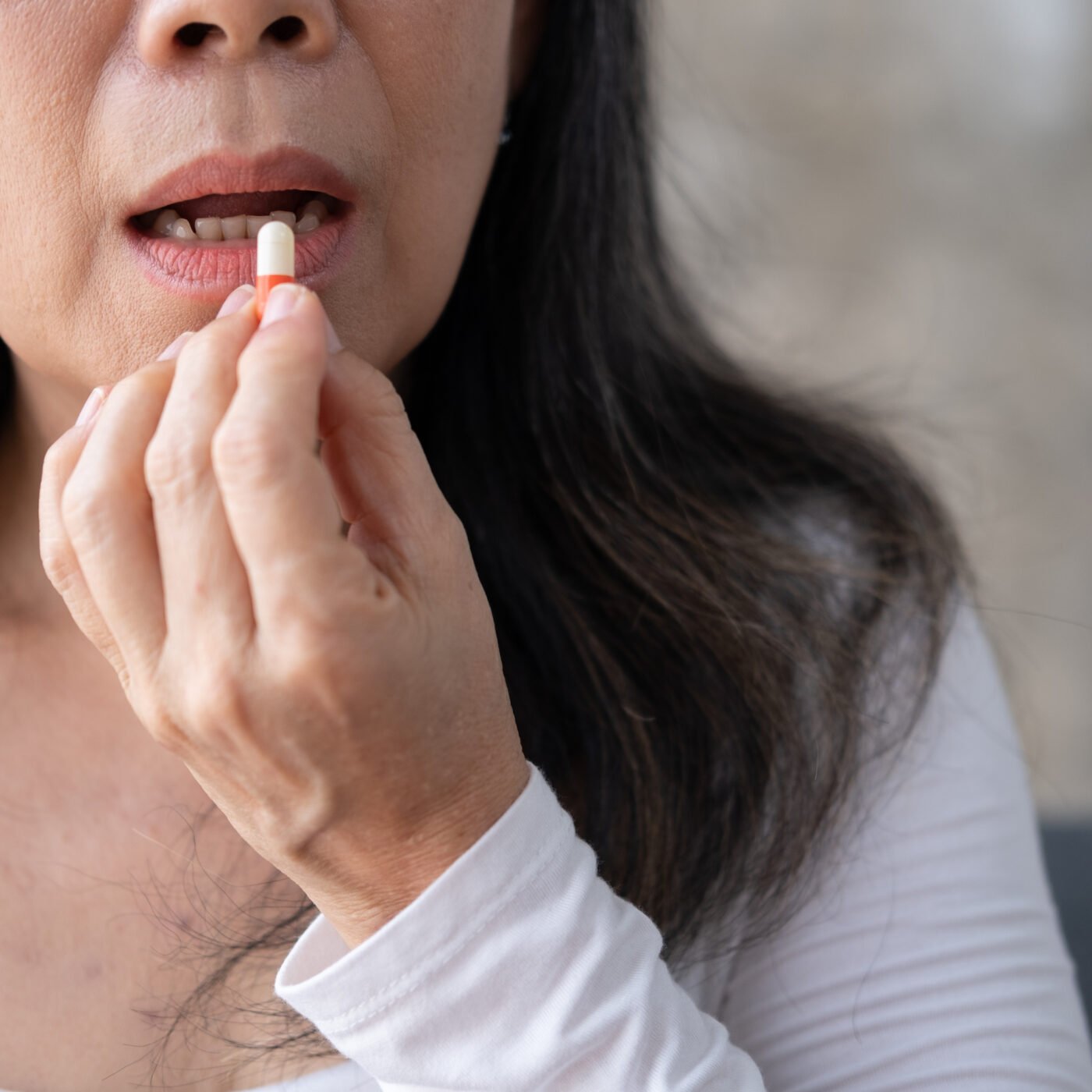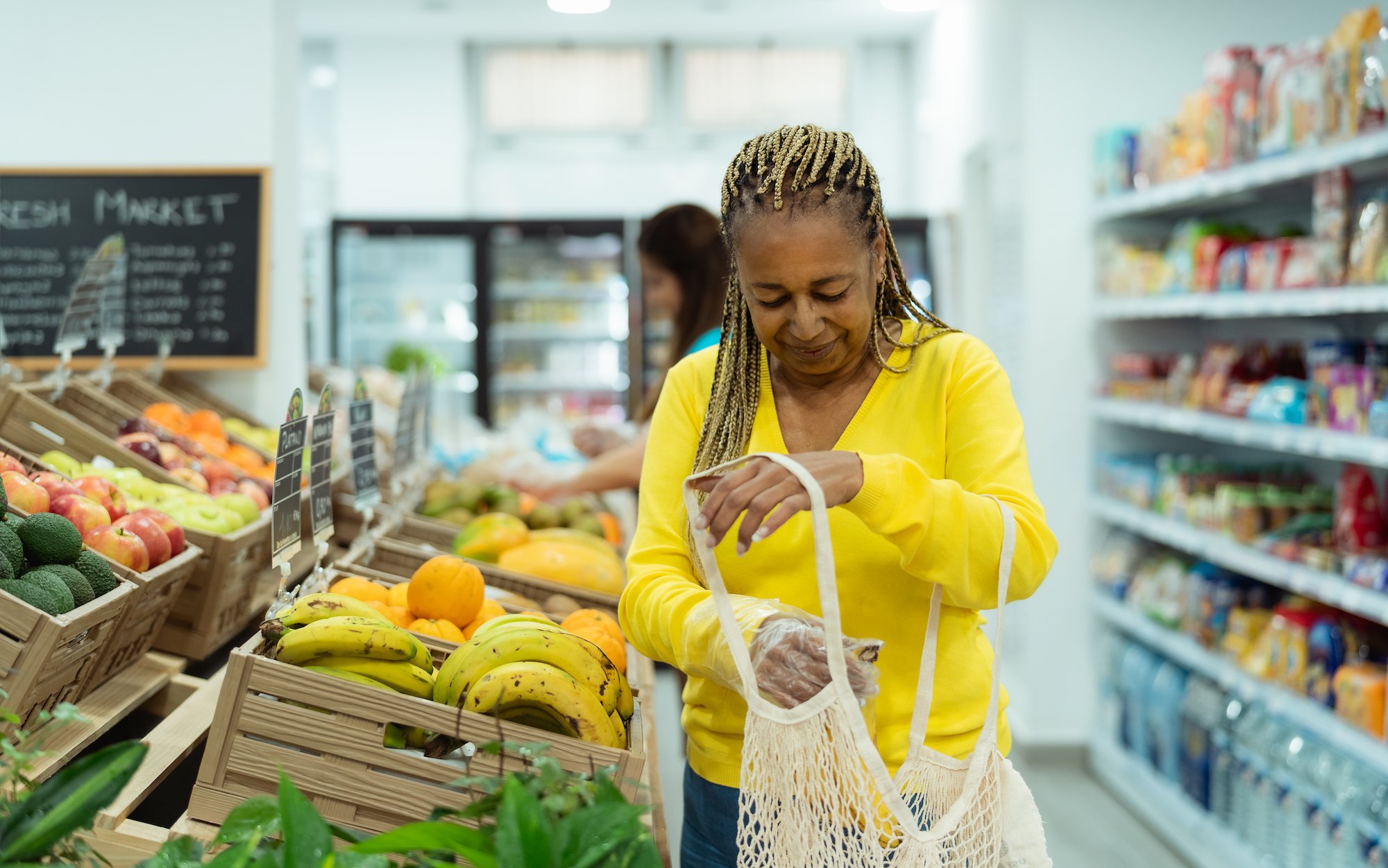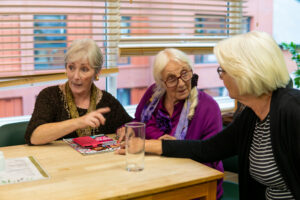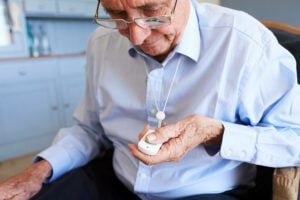Supplements and vitamins for the elderly
Tags
Elderly Mobility and Independence
Most of us can get all the vitamins and minerals we need in our daily diet by making healthy food choices and following a balanced diet. However, sometimes we may need a little help. For example when we get older our bodies may find it harder to absorb nutrients, and some medications may make it difficult to metabolise certain nutrients from food we eat. In this guide we’ll look at some key nutrients and vitamins, what foods they are found in, and the nutritional supplements that are available.
Remember, it’s important to speak to your GP about whether it’s safe and suitable for you to take vitamins and mineral supplements. Especially if you’re also taking prescribed medicines. Taking a high dosage of a supplement, or taking them for too long may do more harm than good.
Are dietary supplements necessary?
It’s not always necessary to take supplements. A well-balanced diet that includes the right protein intake (e.g beans, meat, fish), starchy carbohydrates (e.g potatoes, rice, pasta), dairy (e.g eggs, milk products) and fruit and vegetables should provide us with what we need.
However, as people age this may in some cases impact how our body absorbs and uses essential minerals and vitamins. So if an older person continues to eat the same diet as they did in their younger years they may not receive all the necessary nutrients to ensure that their bodies are running at maximum efficiency.
Ideally, additional vitamins will come from a dietary change, and it’s never too late to make healthier choices such as increasing the amount of fruit and vegetables in your diet. These don’t always have to be fresh – frozen and canned foods are better than no vegetables at all.
While some older people may benefit from getting what they need from nutritional supplements, it’s important to consider, along with your doctor whether you really need a supplement, and whether you can make any changes to what you eat first. Vitamin supplements can be expensive, and our kidneys will flush out anything the body doesn’t need.
Vitamin D
Vitamin D can be found in a range of foods, such as eggs, oily fish (such as salmon), red meat and fortified cereals. Vitamin D is vital for bone health, which is particularly important for older people, who can be prone to osteoporosis, weak bones and limited mobility, making them more at risk of fracture if they fall.
However, the most effective way of getting vitamin D into the body is through getting sufficient sunlight. In April to September, a good diet and plenty of natural sunlight is often enough to keep a person’s vitamin D levels in check.
However, many older people do have a vitamin D deficiency in the UK. In the winter months a vitamin D supplement may be something to discuss with your doctor.
Omega-3
Omega-3 is a fatty acid found in oily or fatty fish. The NHS state that A healthy diet should include at least 2 portions of fish a week, including 1 of oily fish.
The right amount of omega-3 from food sources is likely to have some positive health benefits, including reducing the risk of heart disease. However in 2017, the NHS changed their guidelines and encouraged GPs to reduce the amount of omega-3 they were prescribing as there’s limited evidence that supplements of omega-3 fatty acids work in the same way. If you do struggle to eat fish or follow a vegetarian or vegan diet, it’s worth discussing alternative food options, or the benefits of omega-3 supplements or fish oil with your doctor before taking them.
Vitamin C
Vitamin C is well believed to support our immune function. It’s often considered to ward of seasonal illnesses like colds, it’s a natural antioxidant, and can help fight infection. It can easily be gained from the right food. Sources of vitamin C include leafy greens, citrus fruit, peppers and tomatoes. A supplement may be an option if you or a loved one struggles to eat fresh fruit or vegetables in your daily diet.

Iron
Iron is an essential mineral that does a lot in the body. For one, it helps make the red blood cells that carry oxygen around the body.
Red meat, beans, eggs, nuts and seed, and dried fruit, and leafy vegetables are all sources of iron. Avoiding a cup of tea with meals, and having vitamin C rich foods or drinks alongside sources of iron can help you absorb more iron too. If you’re worried about an iron deficiency it’s important to seek the advice of your GP, as it could be a sign of an underlying health problem. It’s normally not recommended to start taking an iron supplement before speaking to your GP if you’re unsure why you may be low in iron.
Calcium
Many people attribute calcium to strong bones and teeth, and can help blood clot properly. Experts say that eating 3-4 portions of calcium rich foods (most commonly dairy) a day is usually enough for most people.
Very frail people may be advised to take calcium supplements, However it’s best to do this under the guidance of a doctor as they can have some side effects on the stomach.
Protein
Older people may require fewer calories than when they were younger, but they can benefit from an increase in the protein content of their diet. Good quality protein provides extra B vitamins, folic acid and iron.
Eating lean meat, along with fish and dairy products can help boost protein. If you or your loved one dislikes dairy or is a vegan, a diet with plenty of tofu, pulses and beans will ensure that they receive plenty of protein, along with essential vitamins, in their diet.
Encouraging a healthy weight
An elderly person who is underweight will likely experience a shortfall in the nutrients necessary to ensure good health. Many older people neglect their diets, either through a lack of motivation or for those with dementia or Alzheimer’s disease, because they forget to eat altogether.
If a person is experiencing a decline in their sense of taste or smell, which can be a symptom of some illnesses, such as Parkinson’s disease it may be less tempting to eat too.
In cases such as these, adding extra herbs and spices to a meal can help to make it more palatable, fortifying milk with additional milk powder, and encouraging more smaller meals or snacks spread throughout the day, in place on three large ones may help them get the vitamins and nutrients they need. Involving them in the shopping and meal planning process can be really helpful too.
Food for Thought: Healthy Eating for the Elderly – Food Scientist, Joanne Holmes on Enhancing the Eating Experience
Food Scientist and nutritionist Joanne Holmes’ interest in nutrition and later life led to her doctoral research exploring the myriad factors that affect the complete meal experience for those living in care. We talked to her about the importance of socialisation, stimulation and choice to encourage healthy appetite in older people.
This article is for informational purposes only and not to be taken as medical advice. For medical advice, always consult your GP.
Read more care guides

How to prepare for a live-in caregiver
Care at home: how to prepare the home for a live-in caregiver A live-in carer can make a massive difference to your loved one’s quality

6 tips for finding the right live-in carer
Finding the right live-in carer is a significant and deeply personal decision, impacting your loved one and the entire family. You’re seeking someone trustworthy, compassionate,

The cost of care – everything you need to know
The true cost of care – everything you need to know Discover the true cost of care and explore your funding options with our care

Understanding autism in older adults
While Autism is usually diagnosed in childhood, an increasing number of older adults are being formally diagnosed in later life. Masking autism symptoms can result

A guide to speaking with a loved one about home care
Why do older adults resist care? A guide to speaking with a loved one about home care Bringing up the topic of care at home

How to choose the right personal alarm for seniors: A comprehensive guide
Personal alarms for elderly Discover how personal alarms work, who they’re best suited to, and how they provide greater peace of mind to older people